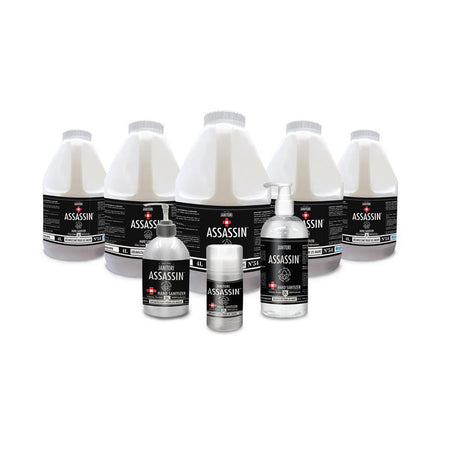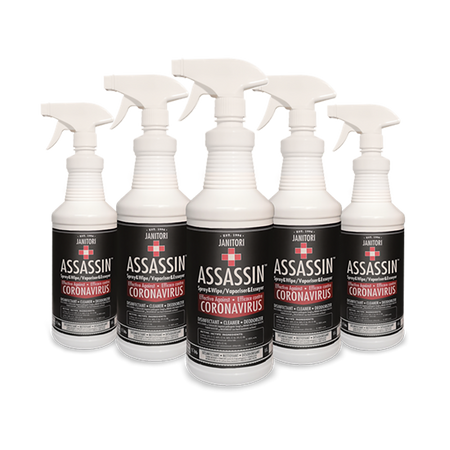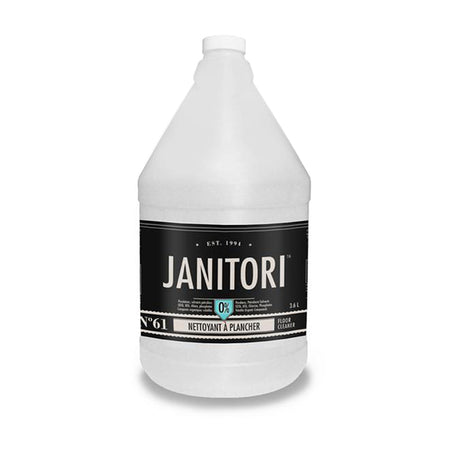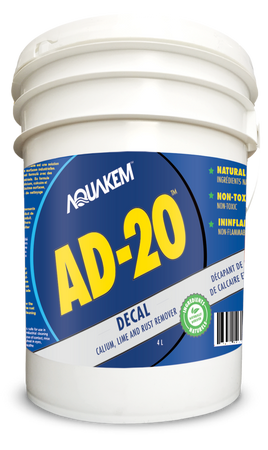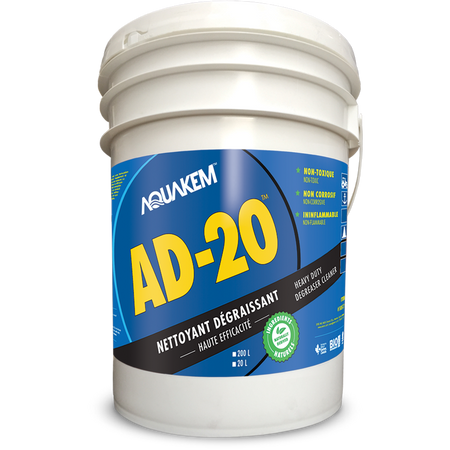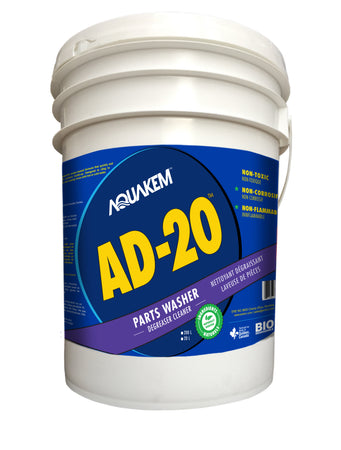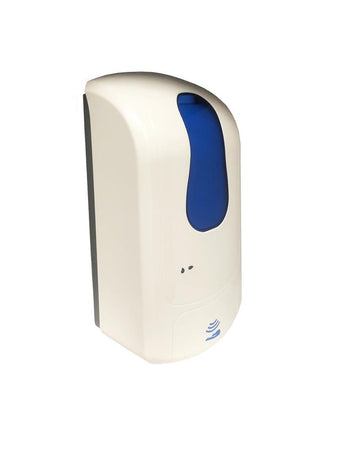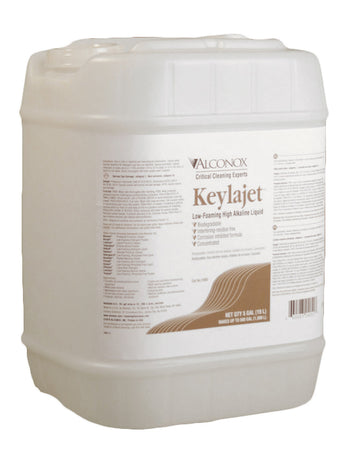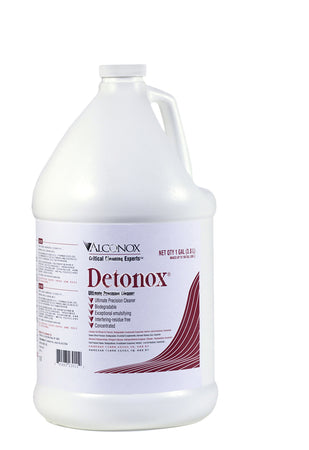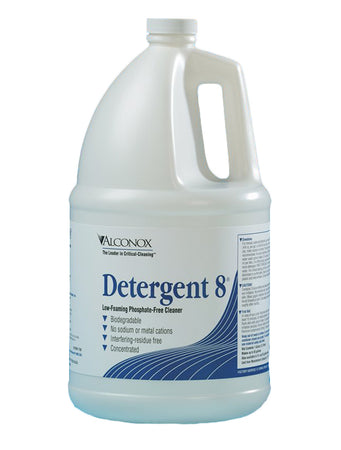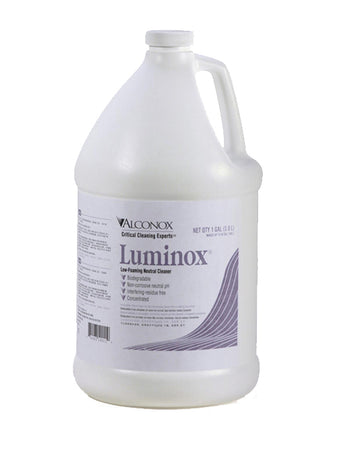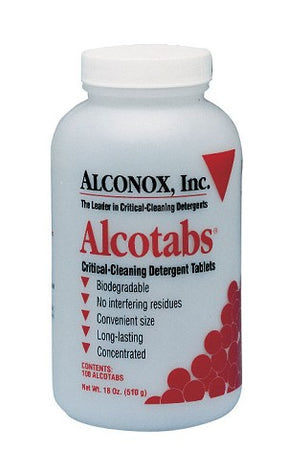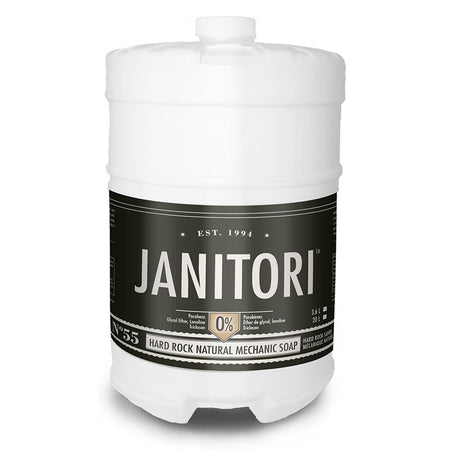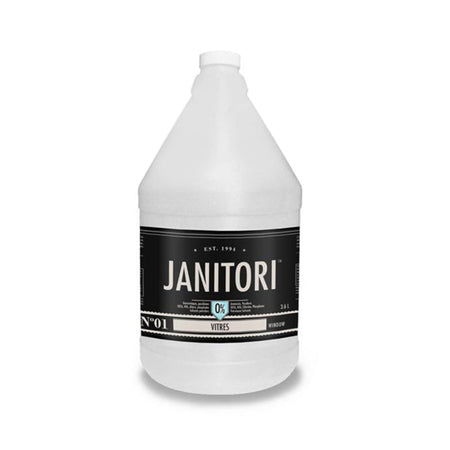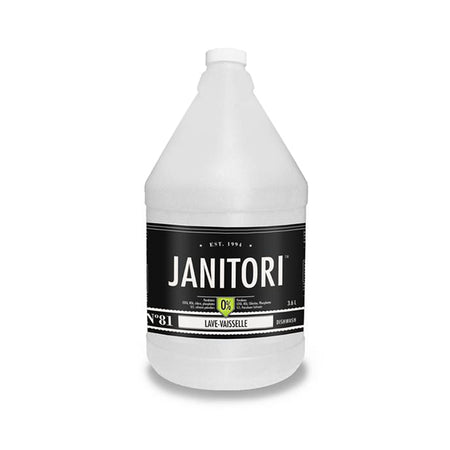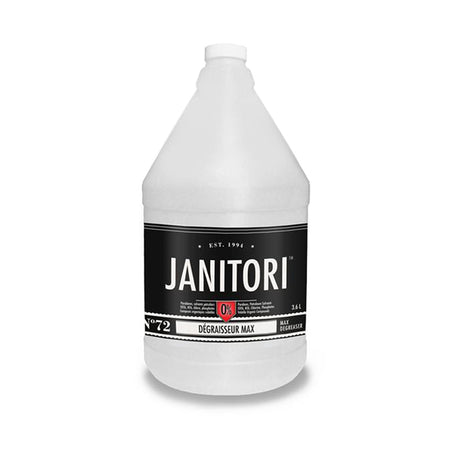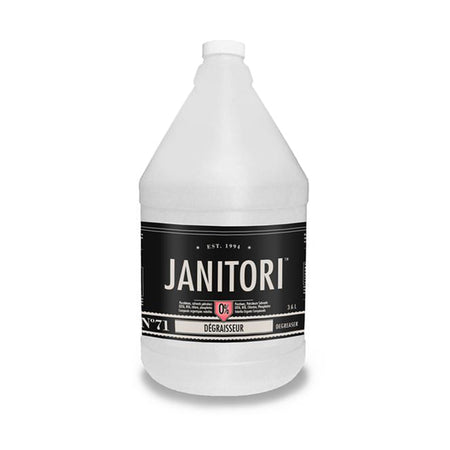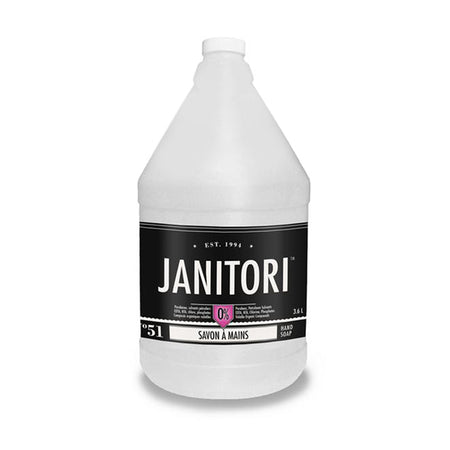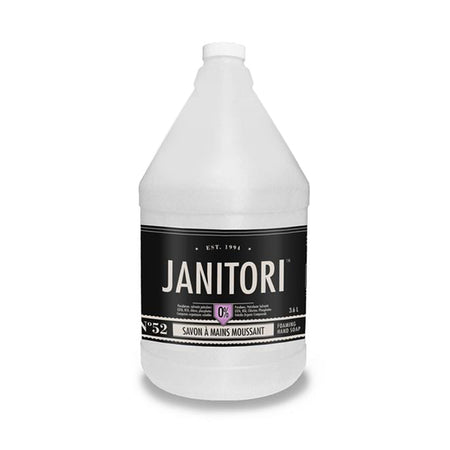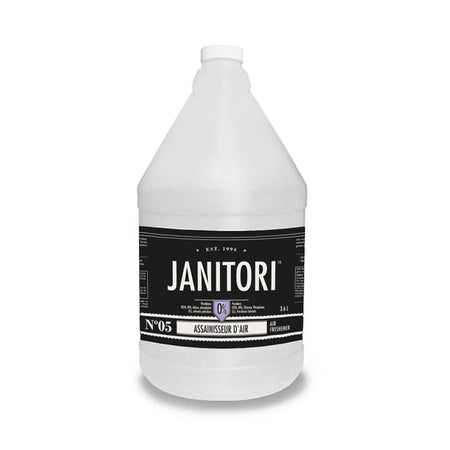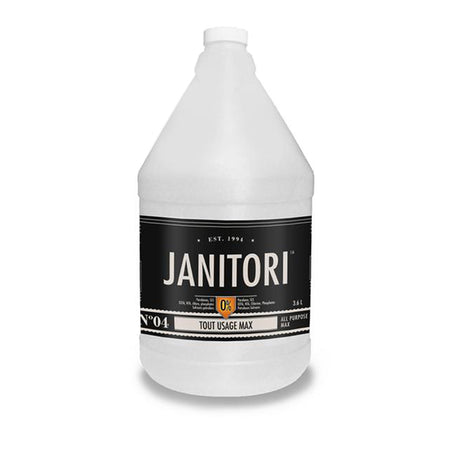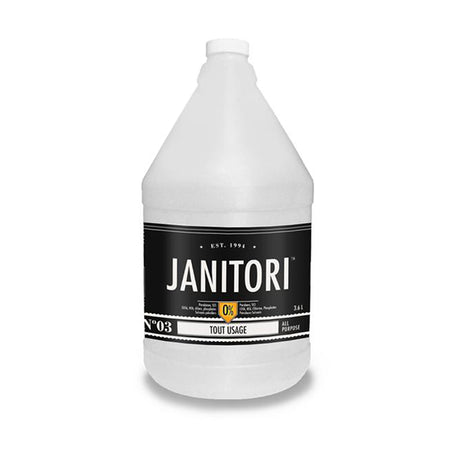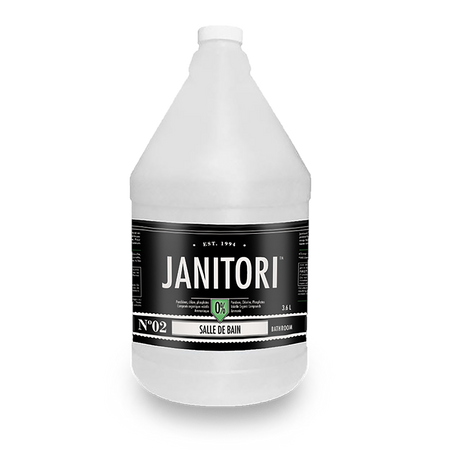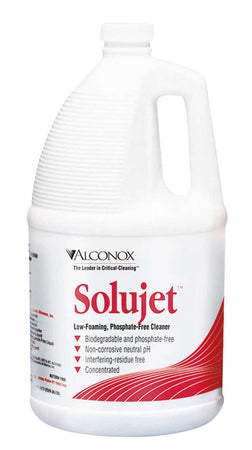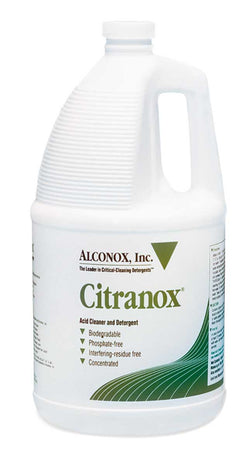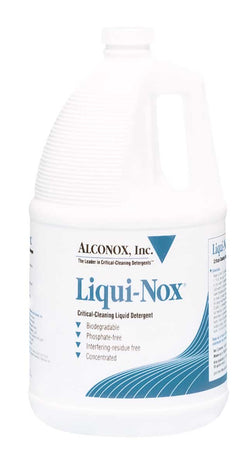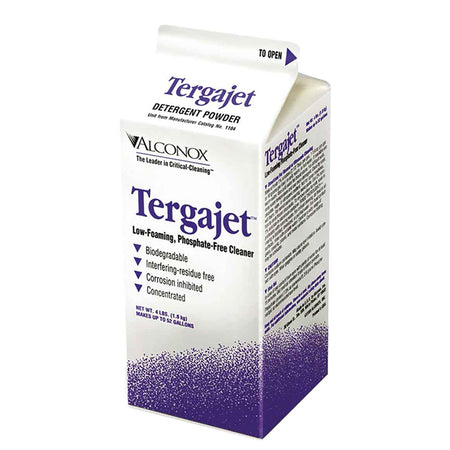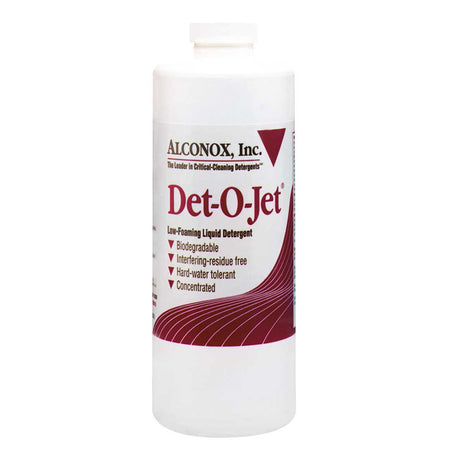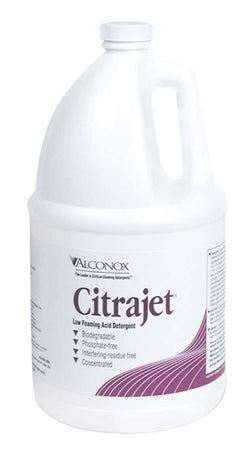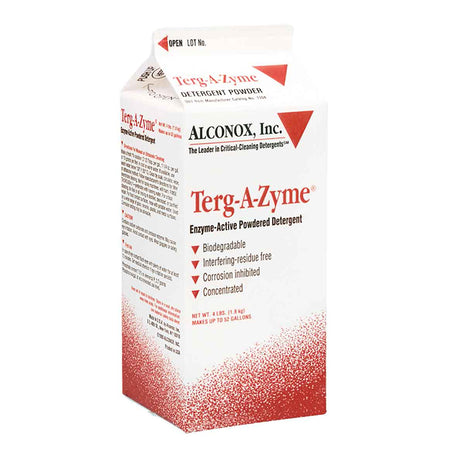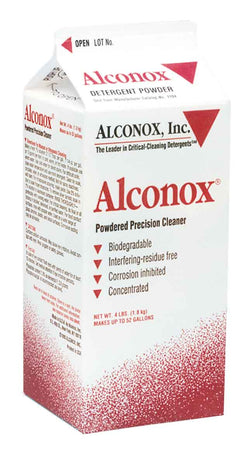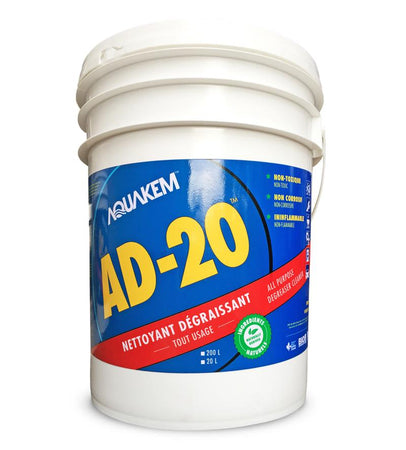Foaming Ion-Free Detergent
• Replace solvent cleaning
• Concentrated to save you money
• Biodegradable and readily disposable
• Penetrating wetting power to save you time
• Free rinsing to give you reliable results and no interfering residues
• Contains no phosphate, sulfur, chlorine, metal cation, halide, borate, silicate, carbonate,
chlorocarbon, fluorocarbon or chelating ingredientsl
Used to clean
Circuit boards, electronic parts, phosphate sensitive labware, nuclear reactor cavities, delicate industrial parts and nuclear contaminated equipment during outage. FDA certified.
Used to remove
Resins, rosins, oils, dirt, grime, particulates, residues, fluxes, chemicals and solvents.
Surfaces cleaned
Corrosion inhibited formulation recommended for glass, metal, stainless steel, ceramic, plastic, and circuit boards. Can be used, with prompt rinsing, on soft metals such as copper, aluminum, silver, and gold. Aluminum can darken and mixed metal galvanic reactions can occur. Corrosion testing is advisable.
Cleaning method
Soak, brush, sponge, cloth, ultrasonic, ware washer, spray washer, pressure washer and flow through cleanin- place.
Directions
For manual, soak and ultrasonic use, make a 3-5% solution (4-6 oz. per gal. or 30-50 ml per liter) in warm or hot water. An oily, milky solution is normal. Protective gloves and eyewear are recommended. For spray machines, add detergent at the hot water wash cycle to make a 2% solution (2 1/2 oz. per gal. or 20 ml per liter). For difficult soils, raise water temperature and use more detergent. RINSE THOROUGHLY—preferably with running water. For critical cleaning, do final or all rinsing in distilled, deionized or purified water. Used on a range of glass, ceramic, plastic and metal surfaces. Corrosion testing is advisable. Detergent 8 is available from leading laboratory, hospital, clinical and industrial suppliers.
Chemical Description
Detergent 8 is a non-ionic, phosphate-free homogeneous blend of an alkanolamine, glycol ethers and an alkoxylated fatty alcohol. Contains no chelating agents, halides or conductive metal cations such as sodium.
Cleaning Validation Methods
Test a parameter of rinse water before and after rinsing the cleaned surface, or test the clean surface. No significant change in the parameter indicates no detectable residue. Parameters measured include: pH, spectrographic methods, surface tension, and surface analysis.


